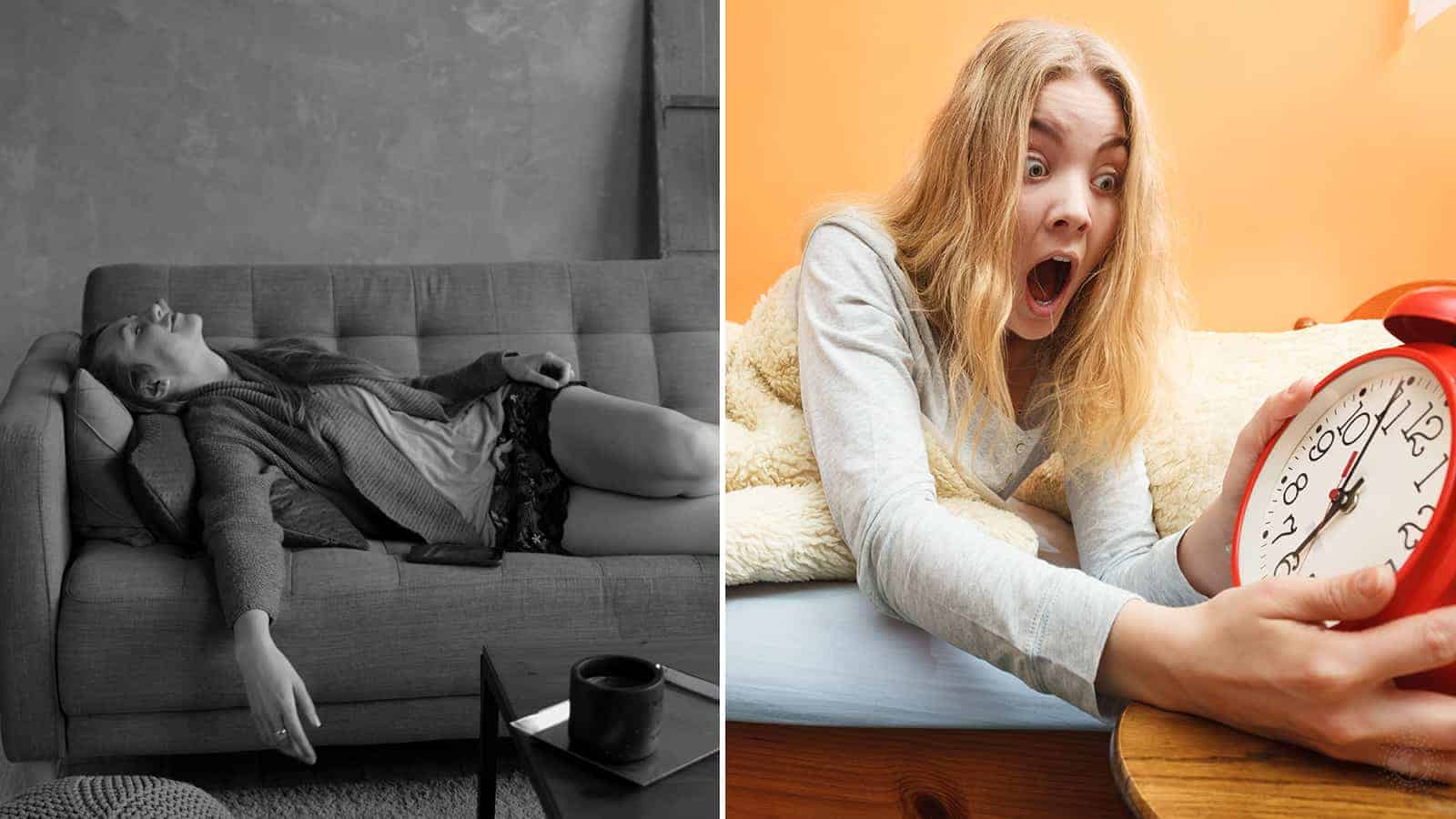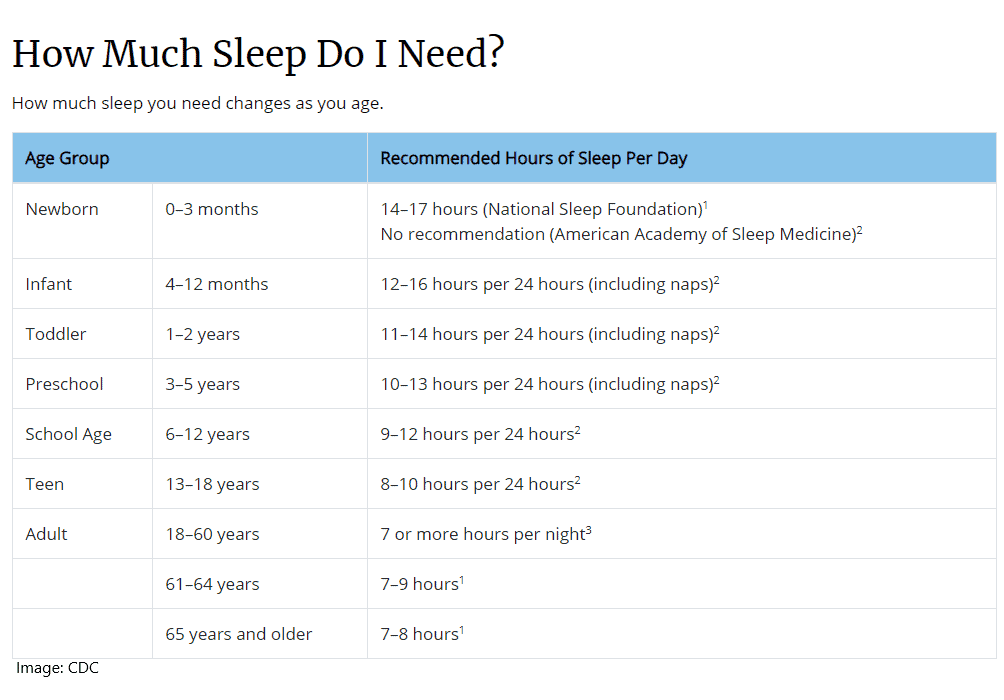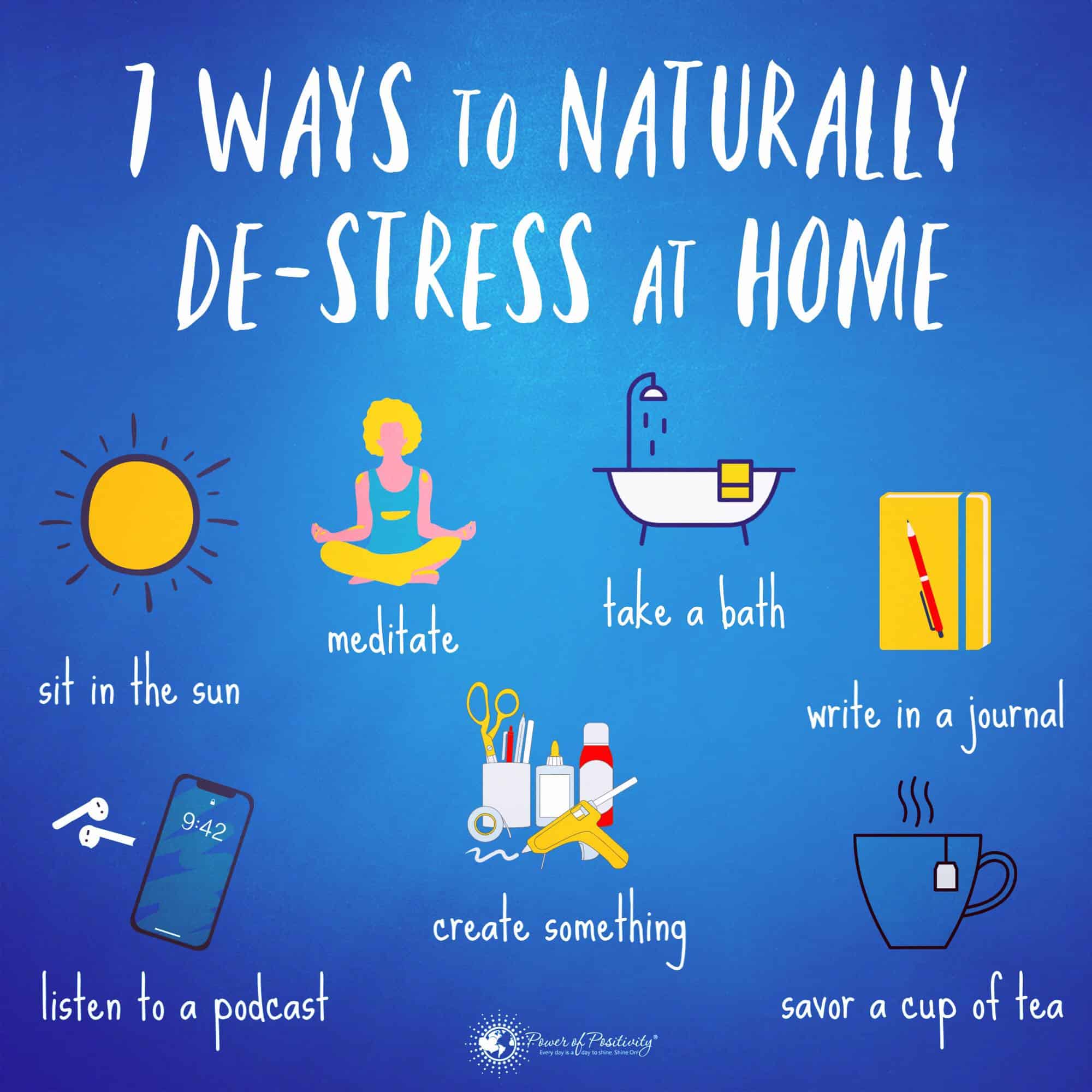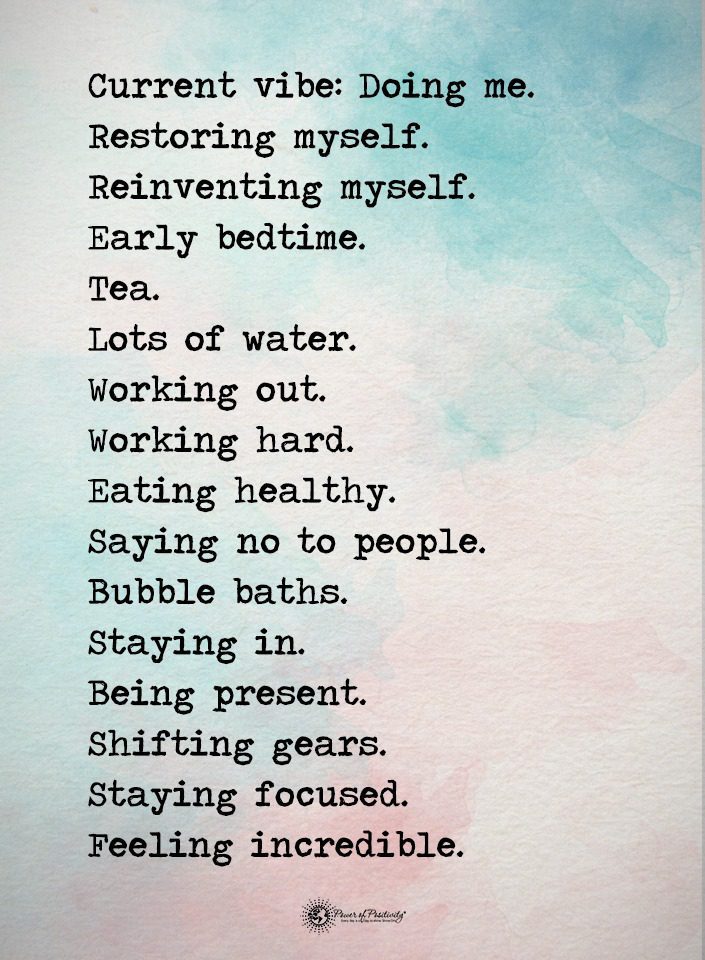Oversleeping interrupts your daily scheduling, making it difficult to get to work or school on time. It makes you feel sluggish and groggy. You may wonder if there are things you’re doing that are causing you to oversleep.
Are you getting too much sleep, or just oversleeping?
Getting excessive hours of sleep is called hypersomnia, which means long sleep. It’s not a common condition. Indeed, it affects only 2% of the population. If you believe that you require inordinate amounts of sleep, you should visit your doctor. They can help you get the slumber you deserve and need.
According to the Centers for Disease Control and Prevention, this chart explains how much sleep you need:
On the other hand, it’s natural for everyone to hit the snooze button too many times once in a while. When it becomes a habit, you must examine your nighttime routines.
What nightly habits might cause you to oversleep?
Getting a good night’s sleep is essential to be your best at work, school, and home. Here are the habits that could be causing you to oversleep.
1 – Going to bed too late
It’s tempting to want to go to bed late, especially on the weekends, since you don’t have work the next day. If you’re prone to oversleeping during the week, your late weekend nights could be the cause. Everyone is different, and some people can mix up their sleep schedule routine with no effects. But if you’re having a hard time getting up on weekdays due to oversleeping, it could be due to your late nights on the weekends.
2 – Drinking alcohol late at night
If you’ve been drinking alcohol, you may fall asleep quickly but then wake up in the middle of the night. This is because once your body detects alcohol in your system, it affects your REM sleep. REM is a sleep cycle you go through several times every night. It causes your brain to increase its activity and helps you learn. If you’re not getting enough REM sleep, it can interfere with your brain function. Long story short, after lying awake until your body finally metabolizes the alcohol, you fall asleep but then oversleep in the morning.
3 – Stress
The extra stress at work or school or hectic days at home can be exhausting physically and mentally. When you’re stressed or worried, it affects your sleep patterns keeping you awake at night. You may feel emotionally exhausted but fall asleep, or you wake up in the middle of the night worrying. When you do finally fall asleep, you oversleep. It’s a vicious cycle. Try to find ways to reduce your stress levels.
4 – Poor sleep hygiene
Sleep hygiene is a relatively unfamiliar term to many people. It basically means that you have wise practices at night that help you fall asleep. The CDC recommends that you.
- Turn off your blue screen technology an hour before bed.
- Keep our bedroom just for sleeping or intimacy.
- Don’t eat your meals or snack close to bedtime.
- Avoiding caffeine several hours before bedtime
Sleep hygiene makes a big difference to the quality of your sleep. What are signs you have poor sleep hygiene besides oversleeping?
- Frequent yawning
- Feeling irritable
- Sleepy during the day
- Fall asleep when you sit down
5 – Eating meals (or snacks) too late
Late evening meals or snacking late at night interfere with your ability to fall asleep and stay asleep all night. One study found that late-night eating can result in hyperglycemia or high blood sugar, which is a symptom of diabetes. When you eat near your bedtime, it slows down your body’s metabolism, making it difficult to digest. Having food in your stomach late at night makes falling asleep difficult.
Plus, if you’re eating foods like chocolate or caffeine products, it may cause you to wake up in the middle of the night. Another side effect of late-night eating is acid reflux or stomach ache. All these things can cause you to fall asleep in the early morning hours. This means your deeper sleep is in the morning when it’s time to get up. If you don’t oversleep, you’ll feel groggy and foggy-brained.
6 – Medication
Another contributing thing that causes you to oversleep is medication. Certain medications can disrupt your sleep. These include
- Antihistamines
- Muscles relaxants
- Antidepressants
- Corticosteroids
- ACE inhibitors
- Beta-blockers
Be sure to talk with your doctor if you’re taking any of these medications and not sleeping. It can be very frustrating being on medications that help your body, but they mess up your sleep. When you’re so tired, you oversleep in the morning, making it difficult to function at work, school, and at home.
7 – Not having a regular sleep schedule
This sounds like a simple thing, but maintaining a regular sleep schedule is important for you to get up in the morning. Your body thrives on routine. When you keep a traditional wake-up time and bedtime, you’ll feel better and won’t oversleep the next morning.
8 – Sleep apnea
When you wake up dozens of times at night, you’ll probably oversleep in the morning. Sleep apnea is a sleep disorder that causes your breathing to stop and start all night. Snoring loudly and feeling tired the next day could mean you have sleep apnea. Causes of sleep apnea include
- Being overweight
- Having a narrow airway
- Being a man
- Smoking
- Being older
- Drinking alcohol or tranquilizers
- Certain medications
- Congestion
If you think you have sleep apnea, be sure to speak with your doctor. There are new ways to help control sleep apnea, so it doesn’t disrupt your life.
9 – Overeating carbohydrates
Eating too many carbs can elevate your blood sugar, giving you energy for a short time, making you feel exhausted and tired afterward. These bursts of energy and tiredness interfere with your sleep. You may fall asleep only to wake up in the middle of the night, causing you to oversleep.
10 – Not setting an alarm
Set your alarm so that you can wake up with the light of sunrise. Sunlight stimulates your body to wake up, while darkness signals your body to wind down for bedtime. Get an alarm clock or set an app that gets you out of bed. Some alarms are especially loud or vibrate your bed. Don’t neglect this simple habit because if you skip setting your alarm, good chance, you’ll oversleep.
11 – Depression
Depression is something that can lead to oversleeping. If you struggle with depression, it can leave you wide awake at night, resulting in oversleeping in the morning. This makes it hard to get up in the morning, interrupting your routine, which in turn can make you feel depressed and worried. If you think you’re struggling with depression, talk with your pastor, a counselor, or your doctor to get help.
12 – Poor ventilation
Poor ventilation in your bedroom at night can affect your ability to fall asleep and get up in the morning. If your bedroom is hot and stuffy, this can keep you awake. Also, be sure to check your CO2 monitor to be sure there isn’t any concentration of CO2 in your bedroom. Open your windows at night or turn on a fan to circulate the air throughout your bedroom.
13 – Napping during the day
When you sleep during the day, it interrupts your ability to fall asleep at night, which in turn causes you to oversleep in the morning. Try to avoid napping during the day. Instead, get outside and go for a walk. Or get involved in a project or hobby to stave off your tiredness. Don’t drink coffee since the caffeine will have the same effect as a nap keeping you up at night.
14 – Uncomfortable at night
If your mattress is uncomfortable, or you’re too hot or cold, this can interfere with your ability to sleep at night. Keeping your bedroom around 65 degrees is considered a good temperature to help you sleep best.
15 – Lack of exercise
Exercise and sleep go together. When you are getting enough exercise, you’re more likely to sleep well at night. Plus, when you’re feeling well-rested, you’ll have the energy to exercise every day. Try to exercise during the day. Some people suggest that exercising at night may keep you awake, while others say this isn’t true.
Find a time to exercise that works best for you. You can also try yoga at night to stretch to reduce stress and feel relaxed, so you can fall asleep and wake up refreshed in the morning.
Why is sleep so important?
If you’re not sleeping well, you will oversleep. Lack of sleep can not only make you feel unhealthy, but it can also have other negative impacts on your body. Short-term effects include these:
- Sleepiness during the day
- Irritability
- Lack of focus and alertness
- Slower motor skills
Besides these things, here are a few other reasons why sleep is so important for your body.
- High blood pressure: Individuals who can’t sleep have increased blood pressure levels. This can result in an increased risk of heart disease.
- Mood disorders: Lack of sleep over an extended period can lead to mood disorder problems. Moods like anger, sadness, and stress result when you don’t get enough sleep. Lack of sleep can also trigger panic attacks, hyperactivity, and bipolar disorders in some people.
- Arthritis and other pain problems: If you struggle with lack of sleep, it can cause you more pain symptoms like inflammation like arthritis.
Final Thoughts on Improving Your Nightly Habits, So You Don’t Oversleep in the Morning.
An occasional oversleep is expected when you’re not sleeping at night. If you struggle with getting up in the morning, try to establish good habits to promote your sleep during the night.
















 Community
Community

